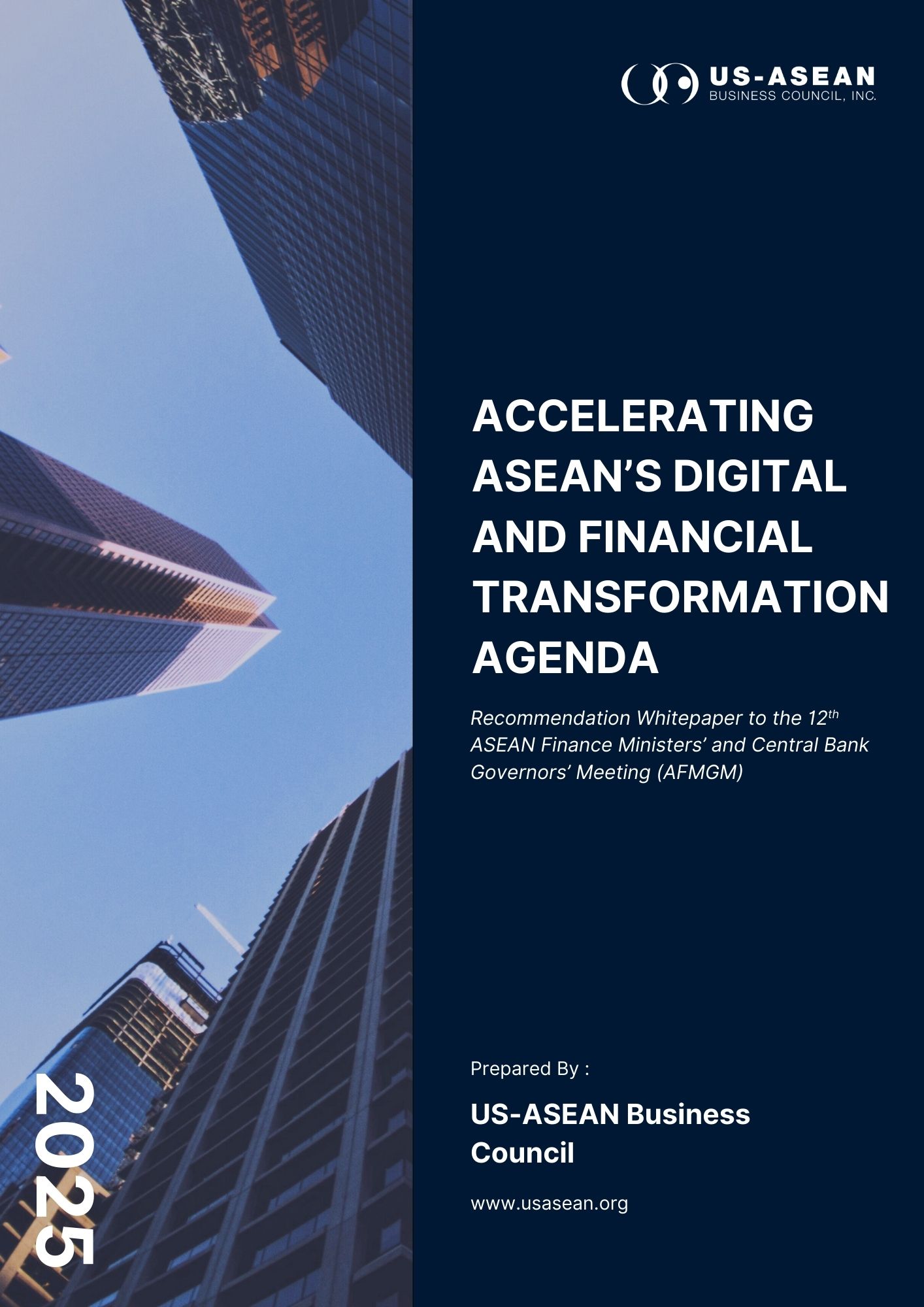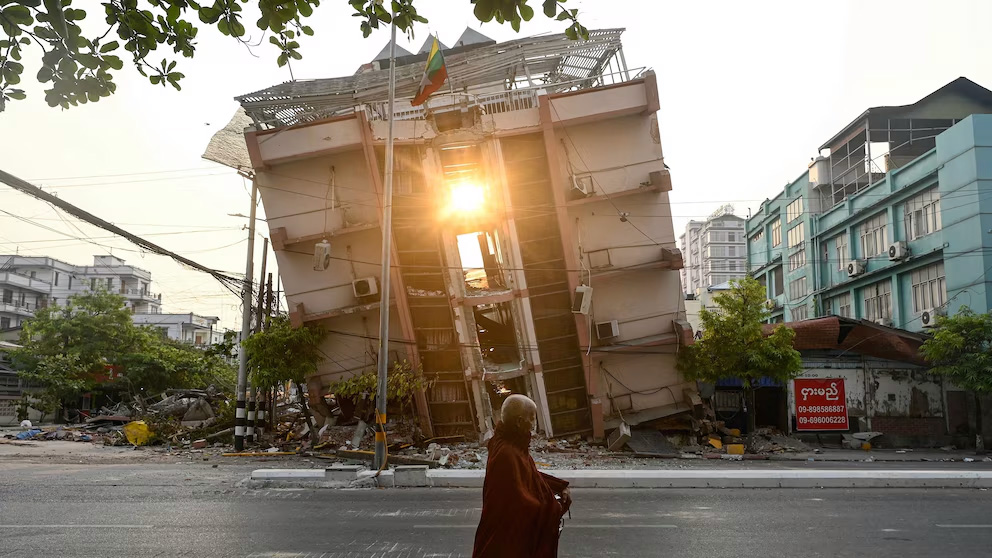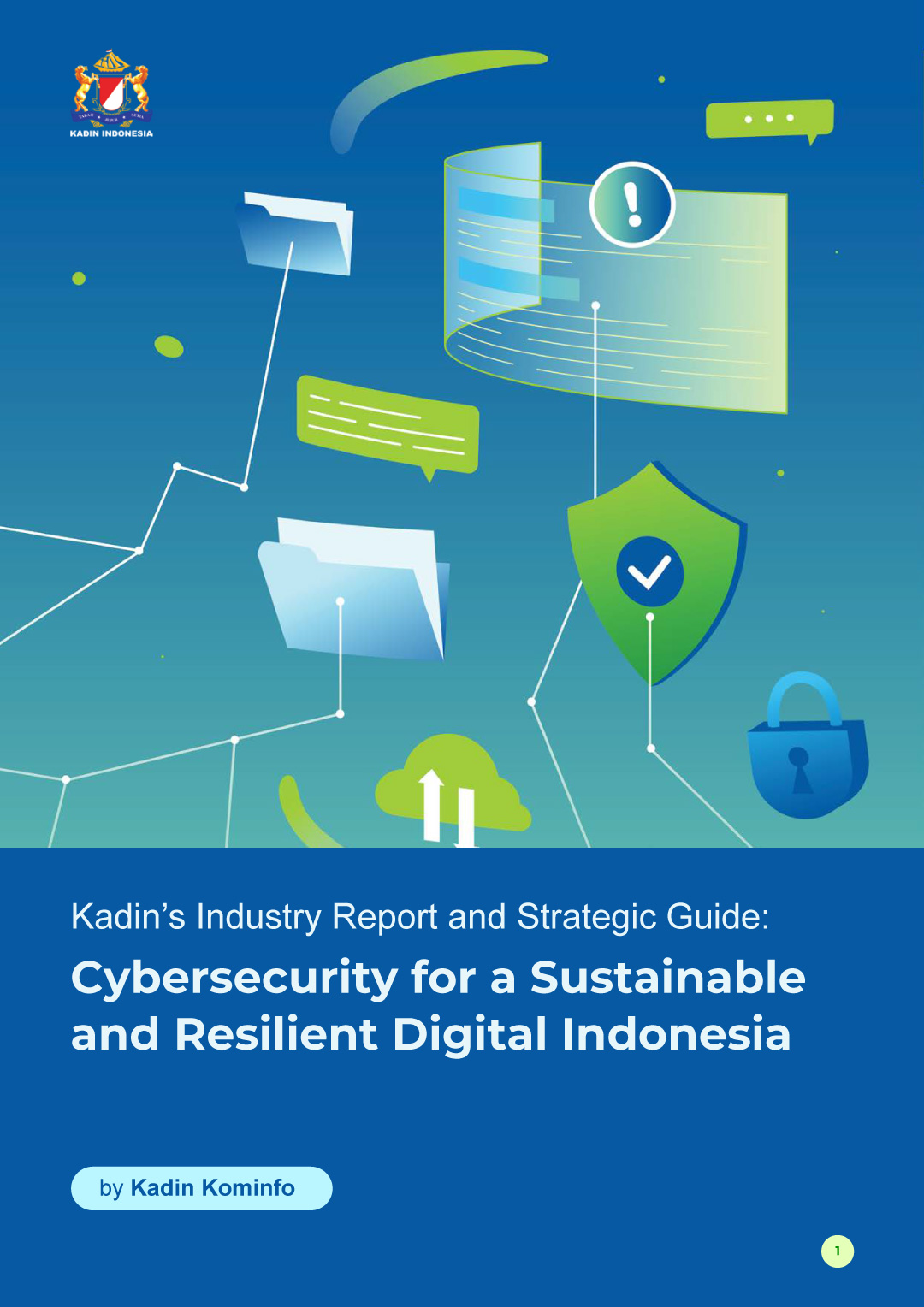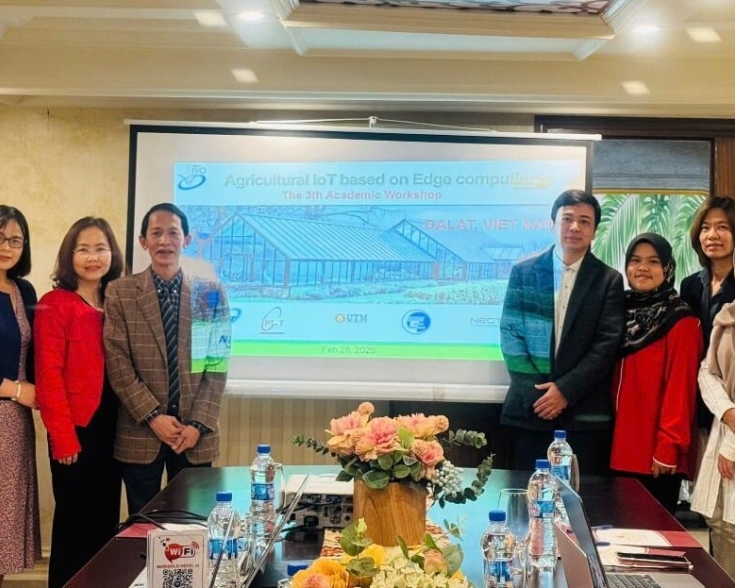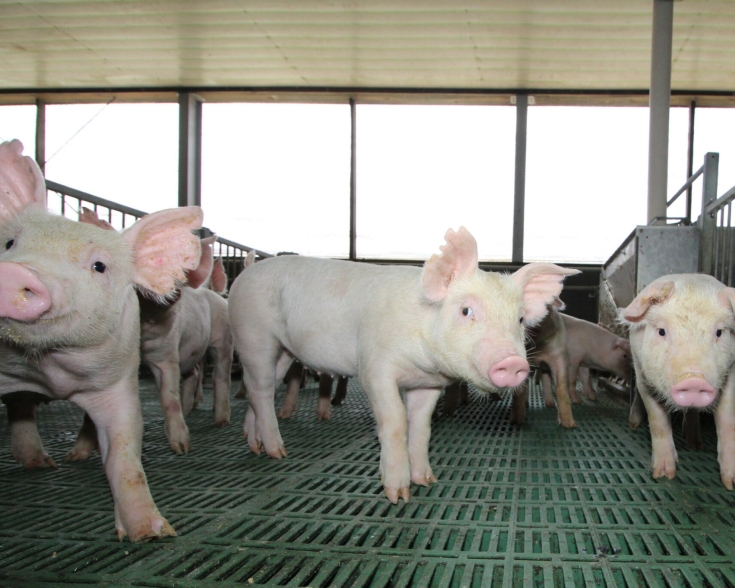Foreign and Domestic Challenges Reveal Shifts in Philippine Politics
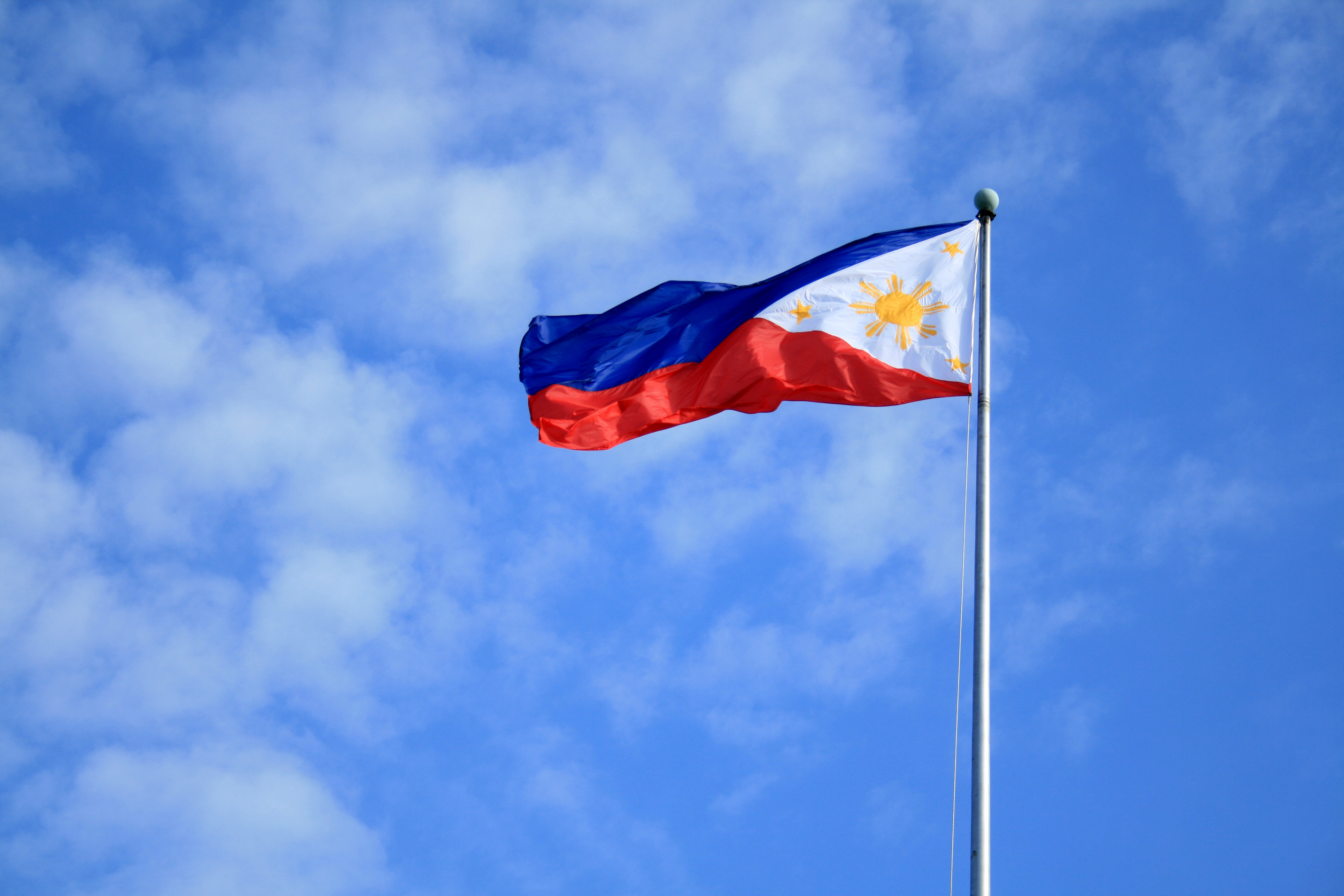
Ongoing foreign and domestic issues in the Philippines, such as the ban on Philippine Offshore Gaming Operators (POGOs), the rift between President Ferdinand Marcos, Jr. and Vice President Sara Duterte, and the escalation in tensions in the South China Sea, offer insights into the country’s approaches in navigating the complexity of relations with the United States and China. These internal developments underscore the Philippines’ efforts to carefully balance economic interests, political dynamics, and national security considerations. The evolving domestic and regional dynamics may lead to a more multidimensional US-Philippines relationship, anchored in both security and economic collaboration.
Banning of Philippine Offshore Gaming Operations (POGO)
Last July, the Marcos administration announced plans to ban POGOs over its alleged connections to organized crime, including financial fraud, money laundering, human trafficking, kidnapping, and severe torture. The ban comes after consecutive raids on POGO estates yielded equipment used for crimes as well as intensified Senate investigation and hearings, which exposed anomalies in personalities linked to internet gaming licensees. The investigation centers on the identity and activities of Alice Guo, a mayor of a town in central Luzon, who allegedly faked her identity as a Filipino, heightening long-standing fears that POGOs serve as a cover for Chinese criminal gangs or espionage operations. The executive order implementing the total ban on POGOs is expected to be released in the next month, ensuring that all POGO-related activities are completely stopped by 2025.
POGOs, which cater mostly to Chinese gamblers, emerged under the Duterte administration and have spawned across the country, employing thousands of Filipinos, Chinese, and other foreign nationals. Local regulator Philippine Amusement and Gaming Corp (PAGCOR) cited that around 250 to 300 offshore gambling firms are operating in the Philippines without a license. Security officials expressed concerns over illegal POGOs, saying criminal syndicates guised as legitimate entities were a national security concern. While China, through its Embassy in Manila, welcomed Marcos’ move to ban POGOs, Beijing opposed what is said were baseless accusations that the Chinese government was linked to POGOs.
House Deliberations on the Office of the Vice President’s (OVP) Budget
Last September 22, the Philippines’ House of Representatives was set to continue its deliberations on the OVP’s proposed budget for FY 2025, but the Vice President was a no-show. This is not the first time that Duterte skipped hearings on her proposed budget. The OVP is currently under fire after budget hearings at the House revealed issues on its confidential funds and suspected irregularities in the delivery of the office’s projects. In defense, the Vice President accused the House of carrying out a “well-funded and coordinated political attack” meant to make a case for impeachment and dismantle her chances in the 2028 presidential elections. On the other hand, lawmakers claim that Duterte is trying to garner public support by portraying herself as a defenseless politician. Notably, the Speaker of the House of Representatives, Martin Romualdez, is the President’s first cousin.
Duterte’s resignation from the Marcos Cabinet last June, signaled the end of the political alliance between the two leaders. This year's budget discussions for the OVP were remarkably different from those for FY 2023 and 2024, which were quickly concluded despite opposition from the leftist bloc. More lawmakers are now openly questioning Vice President Duterte, reflecting a shift in the chamber’s stance and the political landscape writ large. The upcoming midterm elections in the Philippines in May 2025 -- where voters will elect half the Senate, the 300+ members of the lower House, and all local government officials -- will thus be a significant barometer for the ongoing political rift between the nation’s top leaders and their allies.
New Flashpoint in South China Sea Dispute
In late August, Philippine and Chinese vessels encountered multiple collisions and face-offs near Sabina Shoal, undermining recent efforts to de-escalate tensions in the South China Sea. The situation worsened with both countries blaming each other and refusing to back down. Sabina Shoal is strategically important for the Philippines, serving as a resupply point and a key location in maritime trade routes. The Philippines stationed one of its largest coast guard vessels, the BRP Teresa Magbanua, at Sabina Shoal since April after discovering crushed coral piles. However, in early September, the coastguard ship was forced to return to port because of depleted supplies and medical care needed for its crew members. Observers expressed concern that Manila's actions might lead to a situation like China's 2012 takeover of Scarborough Shoal, when Chinese vessels took advantage of the Philippine ships' withdrawal to occupy the reef's lagoon and block Filipino fishers from accessing the area.
Both Beijing and Manila are watching how Washington will react. On August 19, US Department of State issued a statement condemning the dangerous actions of China against lawful Philippine maritime operations in the South China Sea. Furthermore, President Marcos met with United States Indo-Pacific Command (USINDOPACOM) commander Adm. Samual Paparo, reaffirming both nations’ commitment to the 1951 Mutual Defense Treaty, which extends to armed attacks on Philippine armed forces, public vessels, or aircraft – including those of its Coast Guard – anywhere in the South China Sea.
What this means for the United States
The President’s ban on POGOs is a direct response to a growing public clamor and signals support to the ongoing inquiries by both the Senate and the House of Representatives. It will not be surprising that in these inquiries, some high-ranking officials and personalities associated with the former Duterte administration – known for its pivot to China – may be implicated. At the same time, escalating confrontations with China over the South China Sea further strain relations, with the Philippines increasingly relying on its alliances with the U.S. and regional partners.
Considering these internal and external factors, US-Philippines relations under the Marcos administration are likely to become stronger, focusing not only on security collaboration but also on economic partnerships. The current tensions with China present a significant opportunity for the United States to reinforce its position as a vital ally for Manila.



